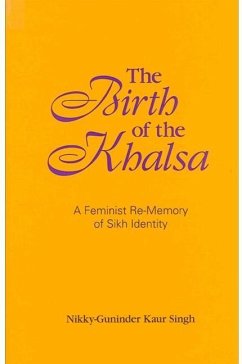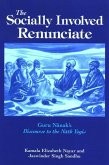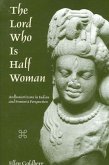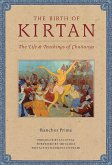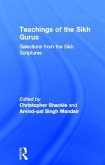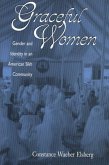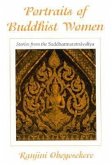Sikhs trace the genesis of their religious rites, prayers, dress codes, and names to Guru Gobind Singh's creation of the Khalsa in 1699. The Birth of the Khalsa is the first work to explore this pivotal event in Sikh history from a feminist perspective, questioning the ways in which Sikh memories have constructed a hypermasculine Sikh identity. The book argues that Sikh memory needs to acknowledge the vital female dimension grounded in the universal human condition and present at the birth of the Khalsa. Inspired by her own father, the eminent Sikh scholar Harbans Singh, Nikky-Guninder Kaur Singh rediscovers the feminine side of the words and actions of the founders of Sikhism. She looks at the basic texts and tenets of Sikh religion and demonstrates the female aspect in the sacred text, daily prayers, dress code, and rituals of the Sikhs. Singh reminds us that Guru Gobin Singh's original vision was an egalitarian one and urges present-day Sikhs to live up to the liberating implications set in motion when he gave birth to the Khalsa.

